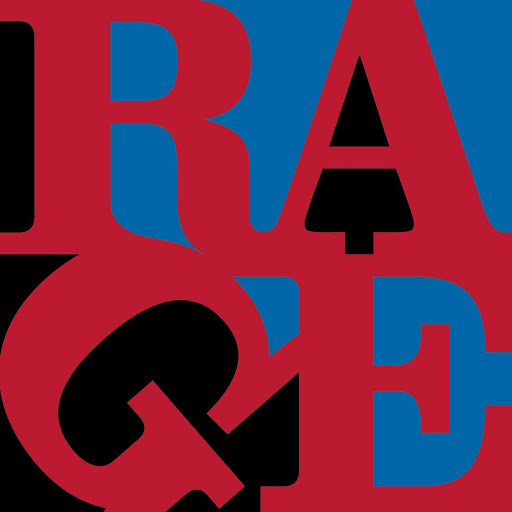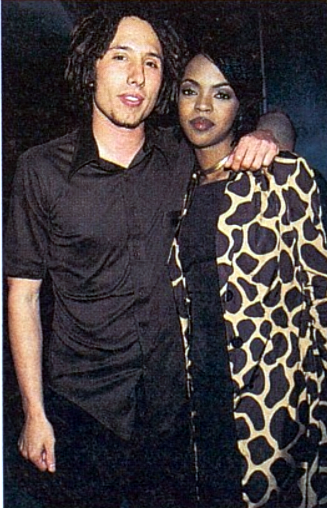Ah, the cover album. Few things divide music fans as much as these. And you know what? I can’t blame them. So many artists record covers for the wrong reasons (pressure from their label, a desperate attempt for a hit, laziness) that some skepticism is allowed whenever musicians release an entire record devoid of original material.
However, even the biggest opponent of cover albums has to give props to Rage Against the Machine’s “Renegades.” Released almost two months after the band officially broke up, I believe it might be the most underrated cover album of all time. Certainly, the fact that they weren’t even a band anymore contributed to it being overlooked at the time, but there’s no excuse for music lovers to sleep on it almost 20 years later. I dare anyone out there to find a collection of cover songs recorded by one artist that manages to sound as fresh as “Renegades,” especially when it takes as many risks.

First things first: Even though other musicians mixed rap and rock before Rage, they were the first real rap-rock band—the only ones who blended both genres effectively and created a new style of music that many tried to imitate and that no one even came close to replicating. Once we understand this, we need to acknowledge that only a band this groundbreaking, forward-thinking, and bold would even consider making an album that draws from old-school and golden age New York hip-hop, folk-rock, 90s West Coast gangsta rap, and pretty much all kinds of punk (proto, post, and hardcore). Even more impressive than their ambition is their execution; their ability to make every track sound like a new Rage song is nothing short of astounding.
To fully understand this achievement, try creating a playlist with the original versions of these songs. I promise you, it would make absolutely no sense. Bob Dylan, Minor Threat, and EPMD on the same record? Bruce Springsteen right after Cypress Hill? Not even the hippest of all hipsters could come up with that shit.
Of course, for a band as musically and ethnically diverse as Rage, it was a no-brainer to play songs by all their favorite musicians. In their world, all these artists coexisted peacefully—different genres be damned.
Vocalist Zack de la Rocha, a half-white, half-Chicano California kid (who breakdanced and fronted a hardcore punk band before joining Rage), is, in my opinion, the most talented rapper/singer of all time (only Lauryn Hill can compete with him for that title) and one of the most intense and charismatic frontmen in the history of rock. His unrivaled passion makes you believe every word that comes out of his mouth, even when the message of a specific song appears contradictory to the next one (“they can be fuckin’ wit’ other niggas’ shit, but they can’t be fuckin’ wit’ mine” on Volume 10’s “Pistol Grip Pump” and “wherever there’s a cop beating a guy, wherever a hungry newborn baby cries, wherever there’s a fight against the blood and hatred in the air, look for me, Ma; I’ll be there” on Bruce Springsteen’s “The Ghost of Tom Joad”).

Zack & Lauryn
Guitarist Tom Morello’s role in making these songs sound like brand new compositions cannot be stressed enough. He laces every song with memorable and powerful riffs whose melodies are completely unrelated to anything that was found on the original tracks. Go ahead; try to resist the urge to headbang during “Maggie’s Farm” (Bob Dylan’s “Maggie’s Farm,” just so you know) instrumental coda. It ain’t gonna be easy.
While Zack and Tom’s immense talent is obvious and undeniable, bassist Tim Commerford’s and drummer Brad Wilk’s contributions are just as valuable. The sheer force of their playing really comes through on the rap covers, especially in Cypress Hill’s “How I Could Just Kill a Man.” A weaker rhythm section would not be able to make an entirely new arrangement of a classic song work (especially one from a different genre), but Tim and Brad helped make this cover one of Rage’s most popular songs.
Rage Against the Machine was the ultimate alternative band. Never afraid to stand up for their beliefs or to experiment with their art, their music and their political stances inspired millions. It’s fitting that right before they broke up, they recorded a tribute to the artists that inspired them.
